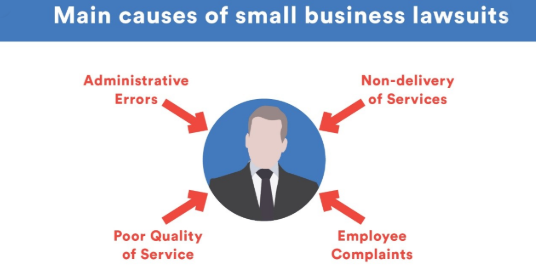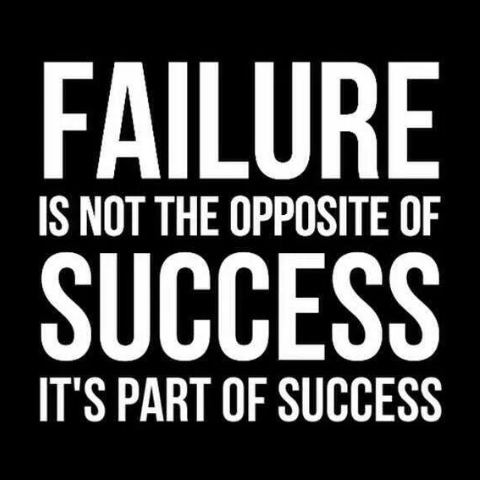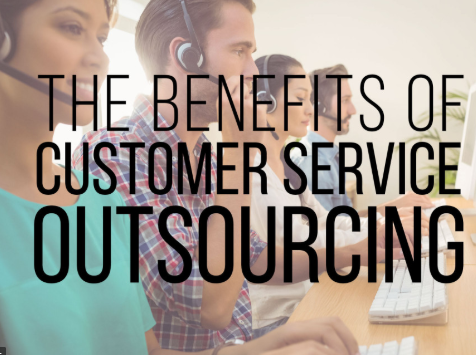
By Debbie Gregory.
Part 1 of 3
Starting a business isn’t easy – it involves very careful planning, evaluation, and a bit of cash to get started. According to the U.S. Small Business Administration, 30% of all businesses fail within their first year, approximately 1/2 close their doors within 5 years, and only 1/3 will make it to their 10th anniversary.
The reasons the businesses fail vary but often they revolve around lack of funding or lack of profits. Before starting a new business, you must spend the time and energy to build a solid foundation in order to survive and thrive.
Necessary Essentials:
1.) Evaluate yourself and your business idea
Before you start a business, it is an excellent idea to take stock of all of your own personal strengths and weaknesses. What are your skills? Where is your expertise? What are you passionate about? Why do you want to start a business? Then look at ideas for the type of business you want to start. Are you improving on something that already exists or providing a new product or service?
2.) Do your market research
Once you know what you want to do, it makes sense to spend the time doing some in-depth exploration and analysis of your target market. You don’t want to launch a business blindly. Conducting research will help you determine whether or not your idea will be viable in the marketplace.
3.) Write out your business plan and make it official
After you have conducted your market research and you find that your offering will potentially be successful, you want to write out the blueprint for starting the business. Your business plan should detail the purpose of your business, your target customers, your long-term goals, and how you plan to finance the business until you are successful and profitable. You will need to determine the right legal business structure (sole proprietorship, LLC, etc), register your business with your local government, obtain any necessary permits/certificates/licenses, as well as trademarks/copyrights/patents (if applicable), you will need to open a bank account, and setup your legal team and plan (just in case).
4.) Get your business rolling
Once all of that is in place, select the location for your business, setup your location, and staff it. Make sure that you choose a location that is convenient for your target customers and not too close to your competition. Train your staff properly and make sure that you give them the tools they need to make your customers happy.
Regardless of how successful you become, never get too complacent. Your market and target audience will change over the lifetime of your business. Make sure that you devote the time and energy into regular evaluations of your offerings, your market, and your customers to see where you can improve. Often you will need to hire specialists to help you and this is money well spent.
Stay tuned for Part 2 of this 3 Part Series.














